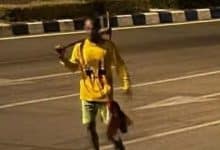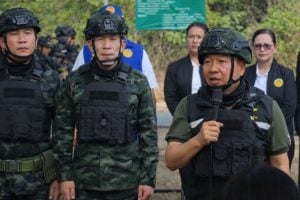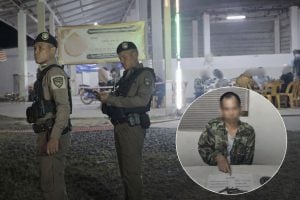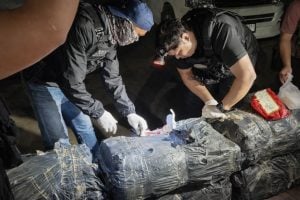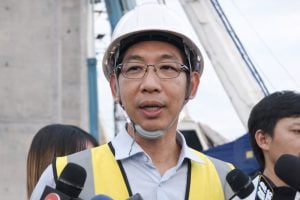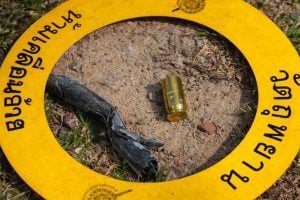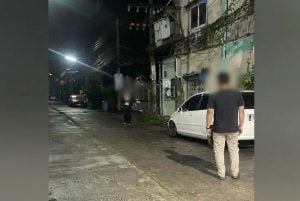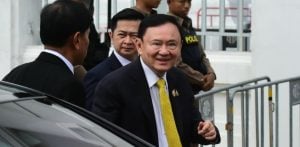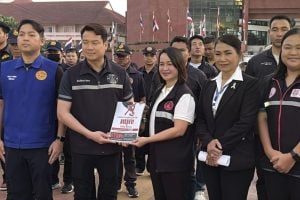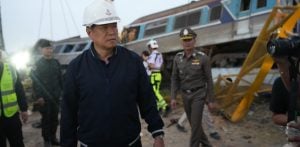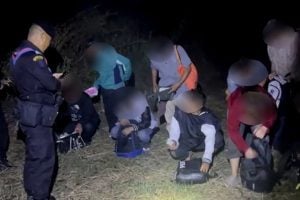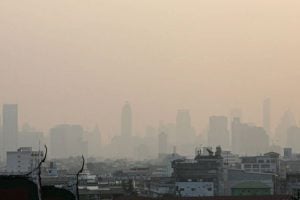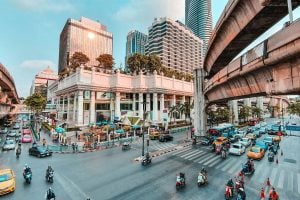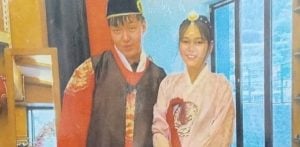Myanmar ousted leader’s prison sentence reduced to two years
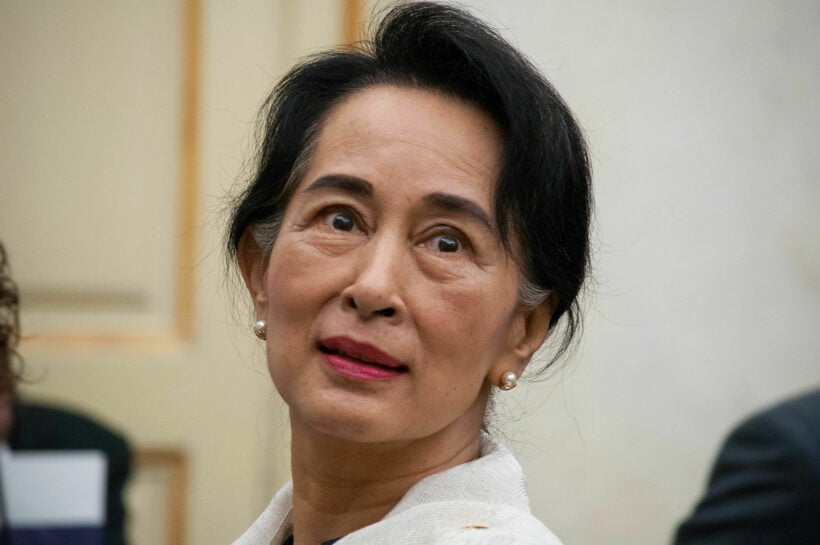
Myanmar’s ousted State Counsellor Aung San Suu Kyi was sentenced to four years in prison yesterday, but it was then reduced to two years following a partial pardon by the military junta’s commander, according to state television.
Her indictments were unrest and violating Covid-19 epidemic guidelines, according to the junta’s ruling court, which ordered the first judicial decision in a series of allegations brought by the country’s military administration against her.
Meanwhile, Cambodian Prime Minister Hun Sen, who will lead the ASEAN bloc next year, said yesterday that he has reached out to Myanmar’s junta to offer assistance in resolving the country’s political turmoil with a plan to visit the country.
The Myanmar regime’s foreign minister, Wunna Maung Lwin, is slated to visit Cambodia on today, in one of the few international excursions by a junta member since the military seized power on February 1 and bloody crackdown on anti-coup protesters.
Since the coup, Suu Kyi, the leader of the former government National League for Democracy, or NLD, has been held in an unidentified location.
She had spent 15 years behind house arrest during Myanmar’s previous period of military control and she will spend her two-year sentence where she is now detained, according to Junta spokesperson Zaw Min Tun, rather than being taken to prison.
It’s unclear whether this agreement will apply to any future jail sentences she might get. Corruption, breaking the Official Secrets Act, sedition, and unlawfully holding walkie-talkies are among the counts she faces. Her supporters feel the claims are false and are being exploited to bring an end to her political career.
The ruling was a “travesty of justice,” according to Malaysian legislator Charles Santiago, who chairs the ASEAN Parliamentarians for Human Rights yesterday, whilst Suu Kyi’s release was demanded by US Secretary of State Antony Blinken.
“The Burmese military regime’s unjust conviction of Aung San Suu Kyi and the repression of other democratically elected officials are yet further affronts to democracy and justice in Burma.”
SOURCE: The Straits Times
Latest Thailand News
Follow The Thaiger on Google News:

